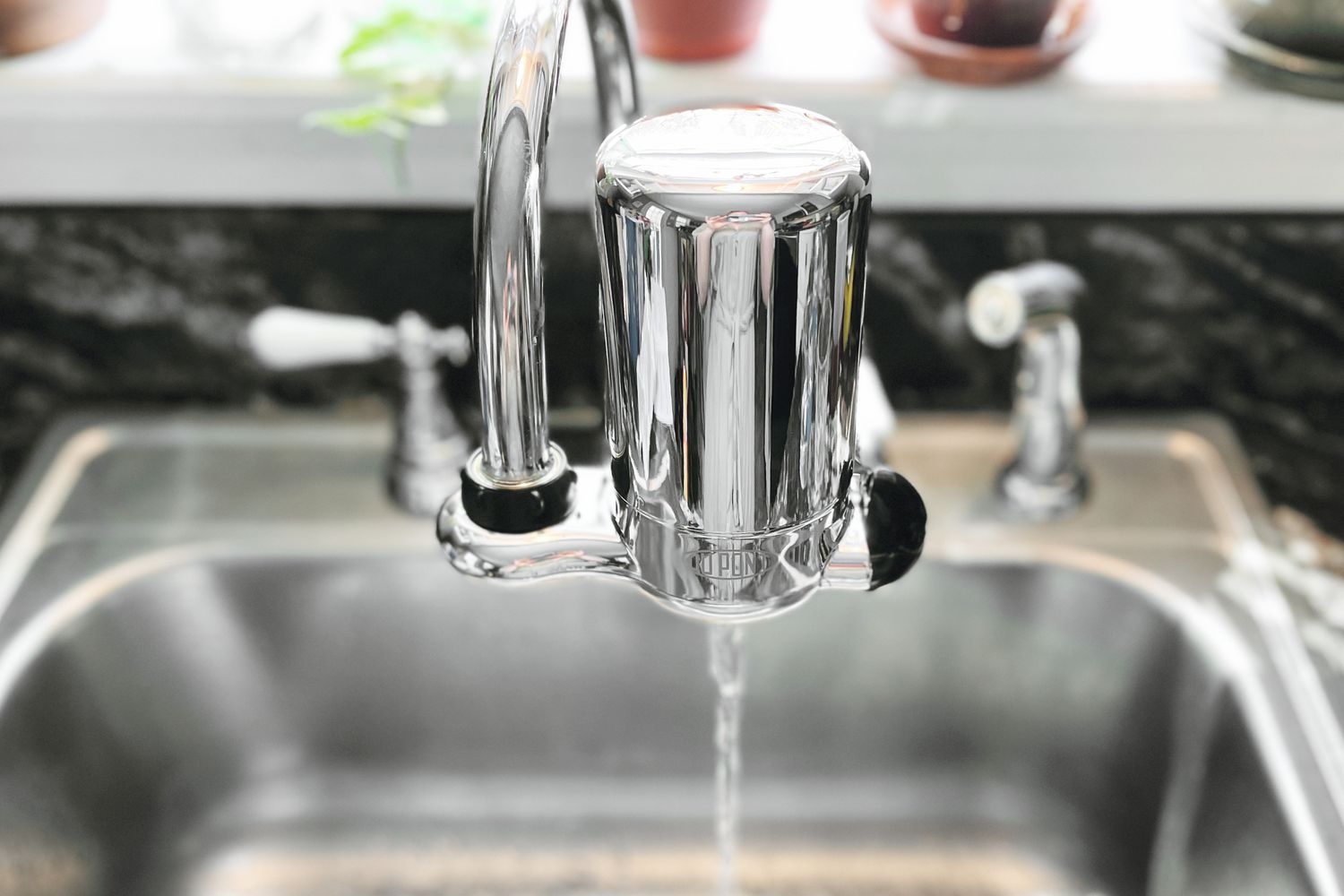Ensuring clean and safe drinking water is essential for every household. With various kitchen water filters available on the market, choosing the right one can significantly improve the quality of water in your home. This guide will explore different types of kitchen water filters, their benefits, installation considerations, and tips for selecting the best option for your needs.
Understanding Kitchen Water Filters
Importance of Water Filtration in the Kitchen
A kitchen water filter is designed to remove contaminants and impurities from tap water, enhancing its taste and safety for drinking and cooking purposes. By installing a kitchen water filter, you can ensure that every glass of water or meal prepared with water is clean and free from harmful substances.
Types of Kitchen Water Filters
Exploring Different Filtration Methods
• Carbon Filters: These filters use activated carbon to trap contaminants like chlorine, volatile organic compounds (VOCs), and sediment, improving taste and odor.
• Reverse Osmosis Systems: RO systems employ a semipermeable membrane to remove a wide range of contaminants including lead, arsenic, fluoride, and more.
• Under-Sink Filters: Installed beneath the kitchen sink, these filters provide dedicated filtration for drinking water without cluttering the countertop.
• Countertop Filters: Easily attachable to the kitchen faucet, countertop filters offer convenience and effective filtration for drinking and cooking water.
Benefits of Kitchen Water Filters
Advantages for Homeowners
• Improved Water Taste: Filters can enhance the flavor of water by removing unpleasant tastes and odors.
• Removal of Contaminants: Effective filtration systems can eliminate chlorine, heavy metals, pesticides, and other harmful substances.
• Health Benefits: Drinking clean water reduces the risk of waterborne illnesses and improves overall health.
Factors to Consider When Choosing a Kitchen Water Filter
Key Considerations for Buyers
• Water Quality: Conduct a water test to identify specific contaminants present in your tap water.
• Filtration Efficiency: Evaluate the effectiveness of different filtration methods in removing targeted contaminants.
• Installation Requirements: Determine whether the filter can be easily installed under the sink or if professional installation is needed.
Tips for Selecting the Best Kitchen Water Filter
Practical Advice for Consumers
• Flow Rate: Choose a filter with a sufficient flow rate to meet your household’s water usage needs.
• Maintenance: Consider the frequency and ease of filter replacement to ensure continued effectiveness.
• Certifications: Look for filters certified by organizations like NSF International for meeting safety and performance standards.
Installation and Maintenance of Kitchen Water Filters
Ensuring Proper Functionality
• DIY Installation: Some filters are designed for easy DIY installation, while others may require professional help.
• Regular Maintenance: Follow manufacturer guidelines for filter replacement and system maintenance to maximize longevity and performance.
Conclusion
Choosing the right kitchen water filter involves understanding your water quality concerns, evaluating filtration options, and considering installation and maintenance requirements. By selecting a filter that suits your needs and preferences, you can enjoy clean, safe, and great-tasting water throughout your home. Whether you opt for a carbon filter, reverse osmosis system, under-sink or countertop filter, investing in a kitchen water filter is a step towards improving your home’s water quality and promoting overall well-being. home water filtration system




